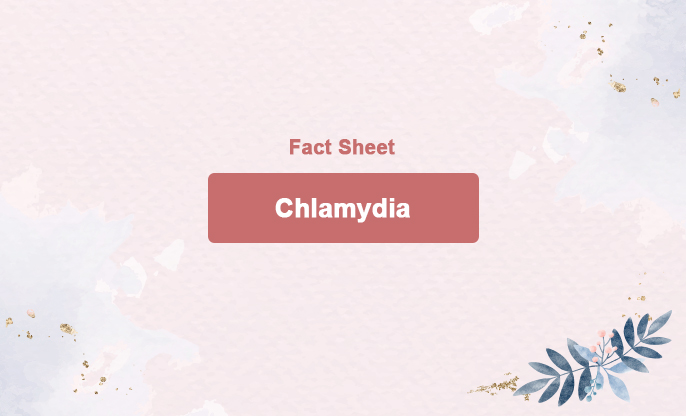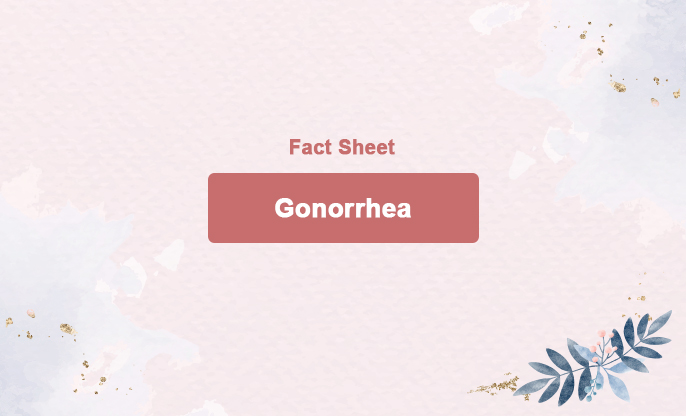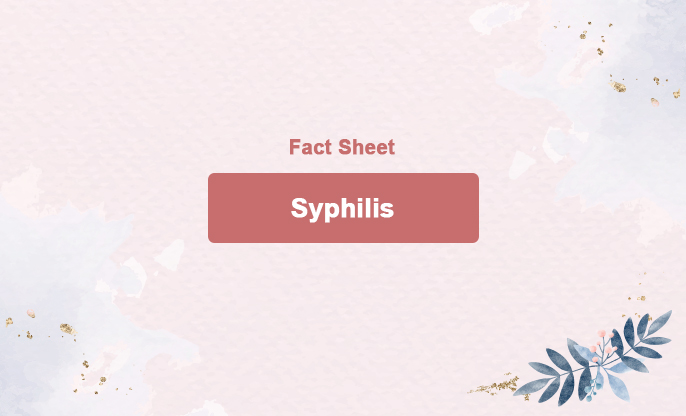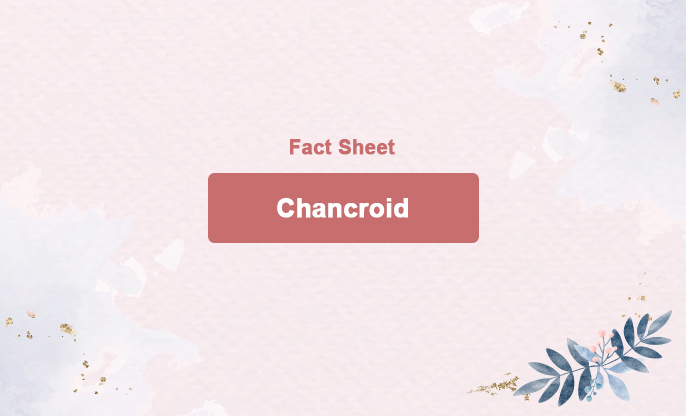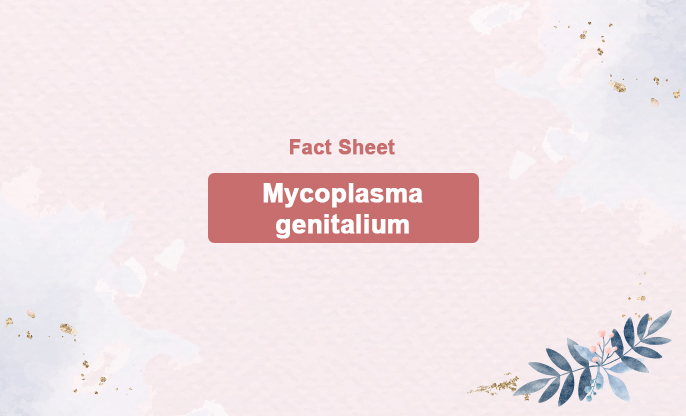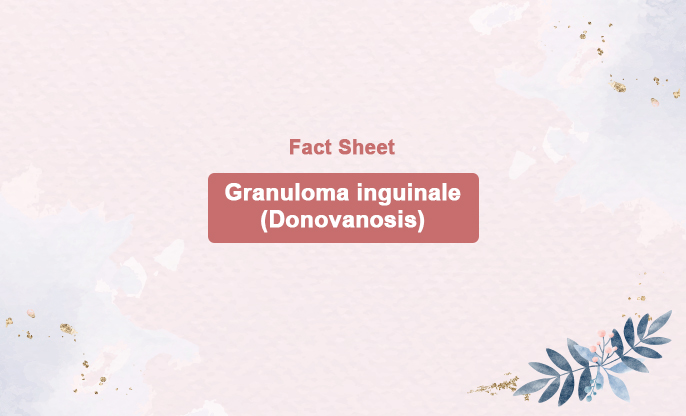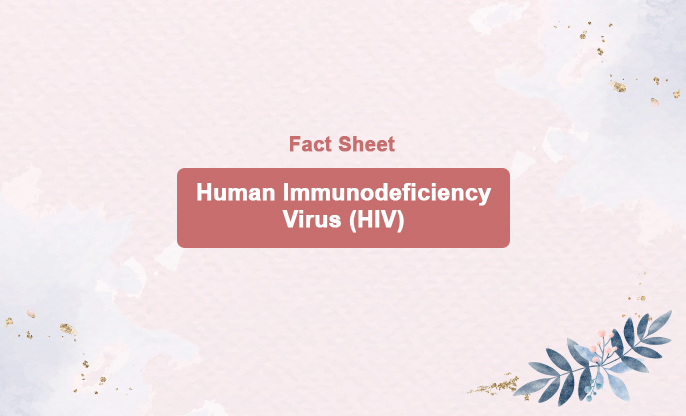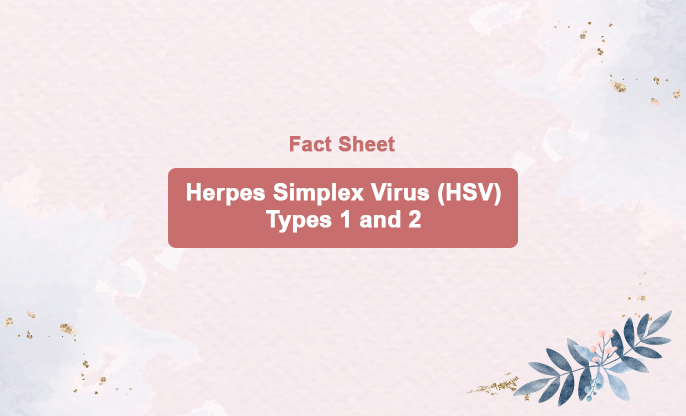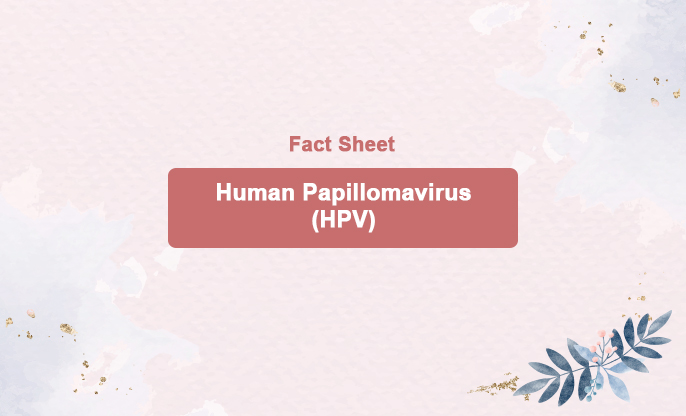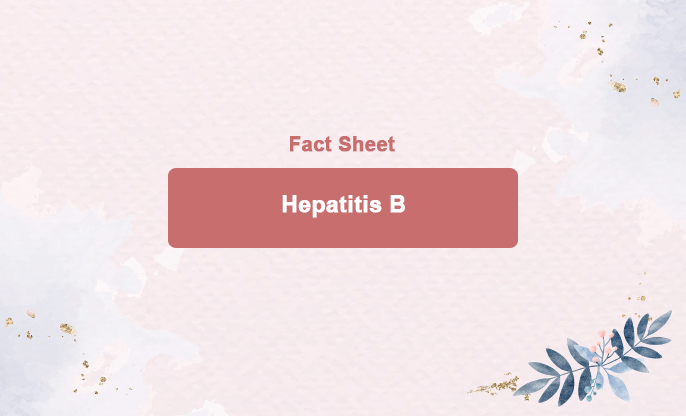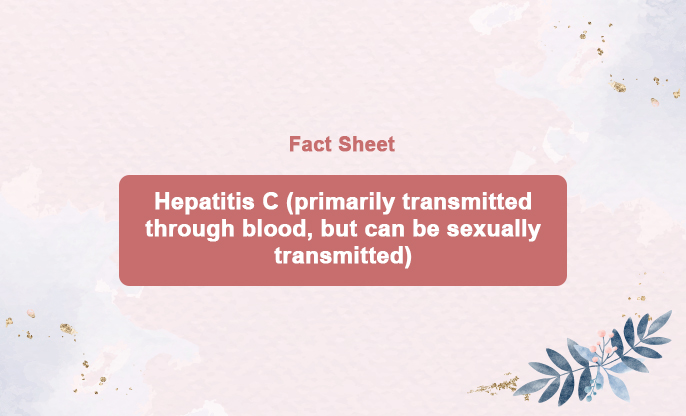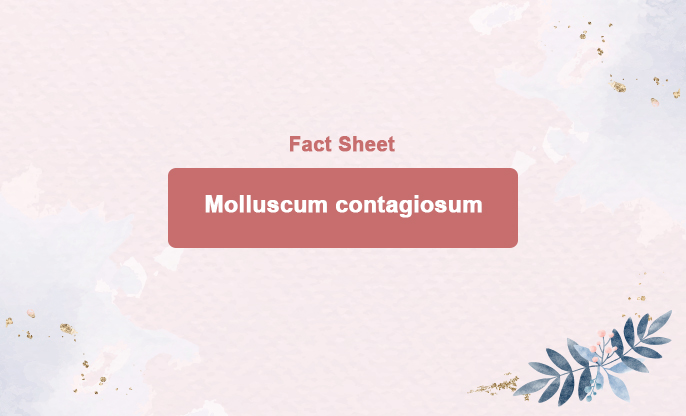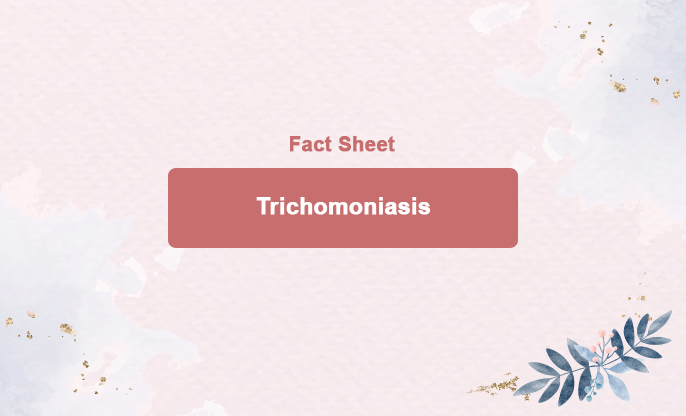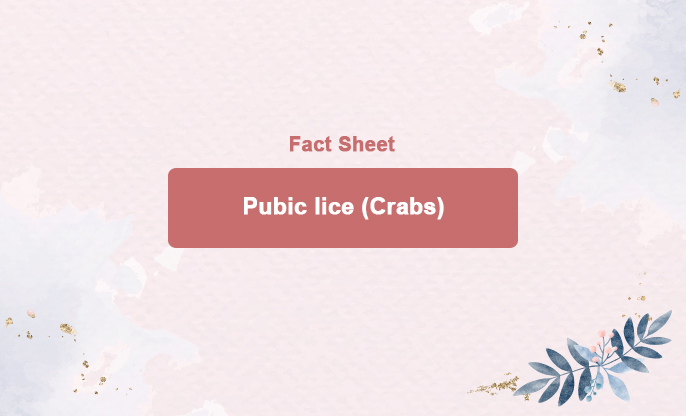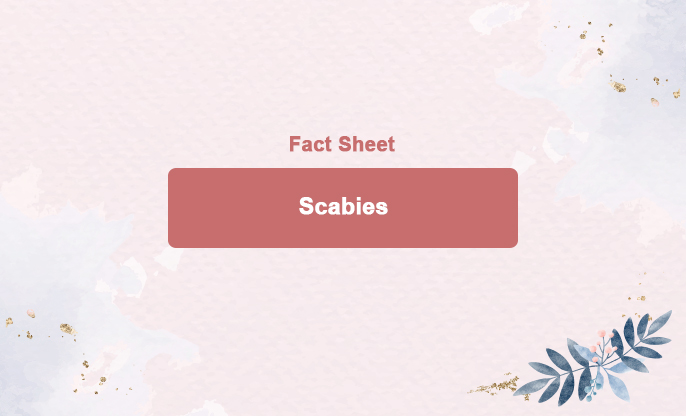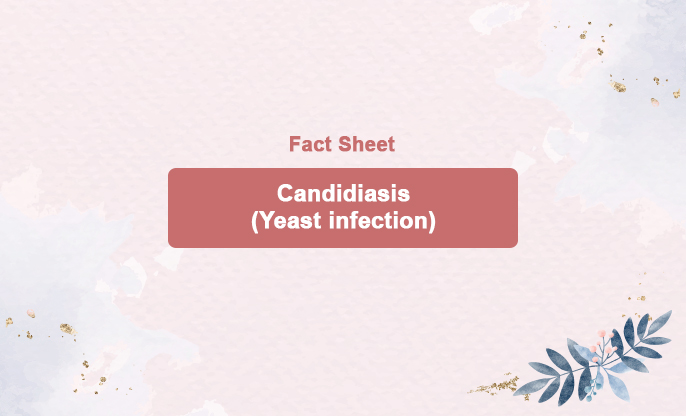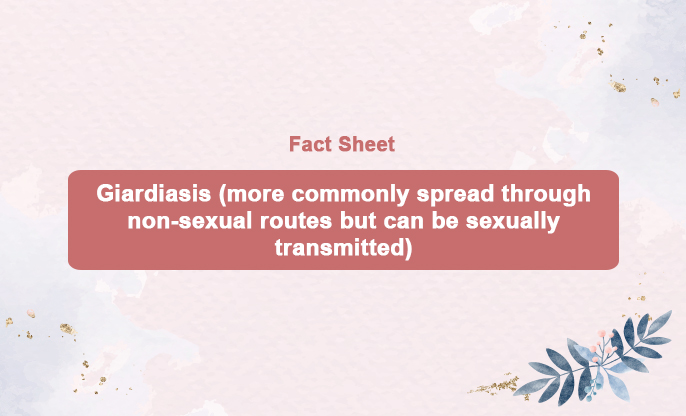
What is this?
Giardiasis, an enteric infection caused by the protozoan parasite Giardia duodenalis, is particularly common in low-resource settings. Individuals with giardiasis often experience flatulence and watery diarrhea. G. duodenalis, the flagellated protozoan responsible for the infection, is the most prevalent intestinal parasite globally. Giardia infections are more common among children than adults.
G. duodenalis can cause either asymptomatic colonization or a diarrheal illness, which can be acute or chronic. Studies have shown its presence in up to 80% of water sources such as lakes, ponds, and streams, and in about 15% of filtered water samples. In developing countries, this parasite often leads to chronic diarrhea and growth impairment in children. High-risk groups for giardiasis include immunocompromised individuals, travelers to highly endemic regions, and certain sexually active homosexual men. These groups are frequently symptomatic.
Symptoms usually start with having diarrhea 2 to 5 times per day and increasing fatigue.
Short-term symptoms include:
Diarrhea
Gas
Foul-smelling, greasy stools that may float
Stomach cramps or pain
Upset stomach or nausea
Dehydration (loss of fluids)
Symptoms typically begin 1 to 2 weeks after infection with Giardia and can last for 2 to 6 weeks. In some cases, individuals may experience long-term symptoms that persist for years.
How is it transmitted?
Here are several ways Giardia can be transmitted:
Close contact with an infected person, especially in childcare settings.
Swallowing water contaminated with Giardia, such as from lakes, pools, or unsafe drinking water.
Consuming food that is contaminated with Giardia.
Having contact with feces during sex with someone who is currently or recently infected with Giardia.
Getting Giardia in your mouth from contaminated surfaces like bathroom handles or toys.
Touching animals with a Giardia infection or coming into contact with environments contaminated with their feces.
Standard treatment protocol and time:
Medications:
Metronidazole: This is the most commonly prescribed antibiotic for giardiasis.
Tinidazole: Often as effective as metronidazole but can be given in a single dose.
Nitazoxanide: Another effective treatment, especially for children, as it comes in liquid form.
Paromomycin: Less commonly used but can be an option for pregnant women as it is poorly absorbed and thus safer for the fetus.
Hydration:
Rehydration: It's crucial to stay hydrated, especially if experiencing diarrhea. Oral rehydration solutions can help maintain electrolyte balance.
Dietary Adjustments:
Avoid Lactose: Temporary lactose intolerance can occur, so avoiding dairy products might be necessary.
Maintain a Balanced Diet: To support recovery, eat a balanced diet with easily digestible foods.
Hygiene Practices:
Hand Washing: Frequent and thorough hand washing is essential to prevent the spread.
Sanitize Surfaces: Clean and disinfect surfaces, especially in bathrooms and kitchens.
Safe Water: Ensure drinking water is safe and avoid untreated water from lakes, rivers, or wells.
How to avoid it?
Avoid Contaminated Food and Water: Be cautious with food and water sources, especially when traveling.
Safe Sexual Practices: Practice safe sex and avoid contact with feces.
Careful Animal Handling: Wash hands after handling animals or cleaning up after them.
